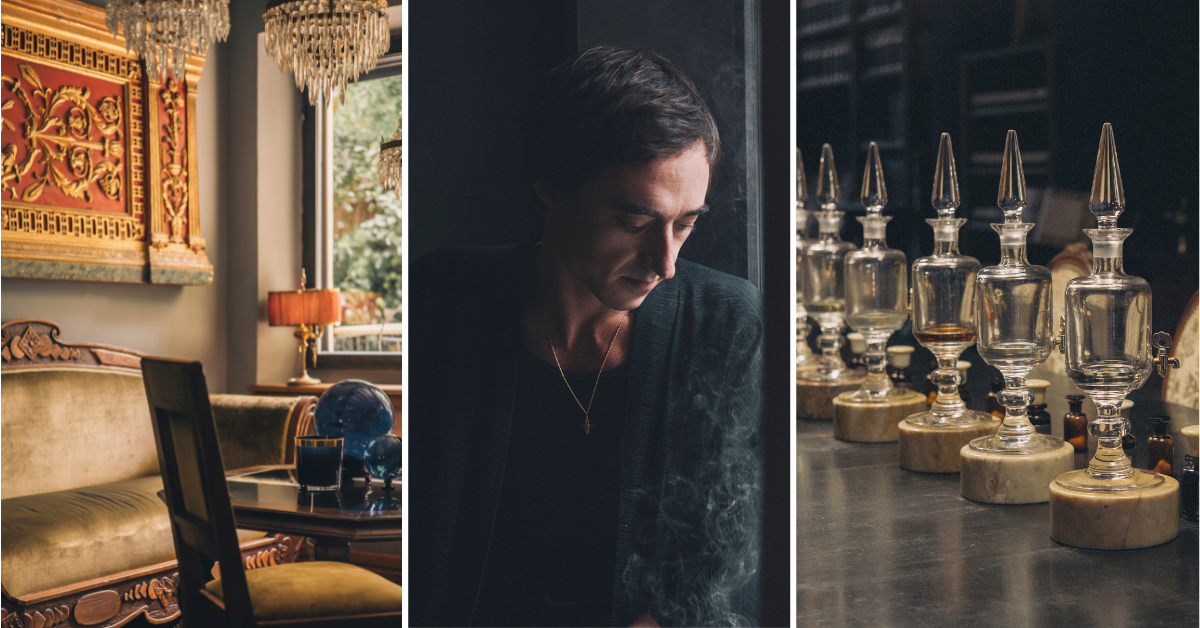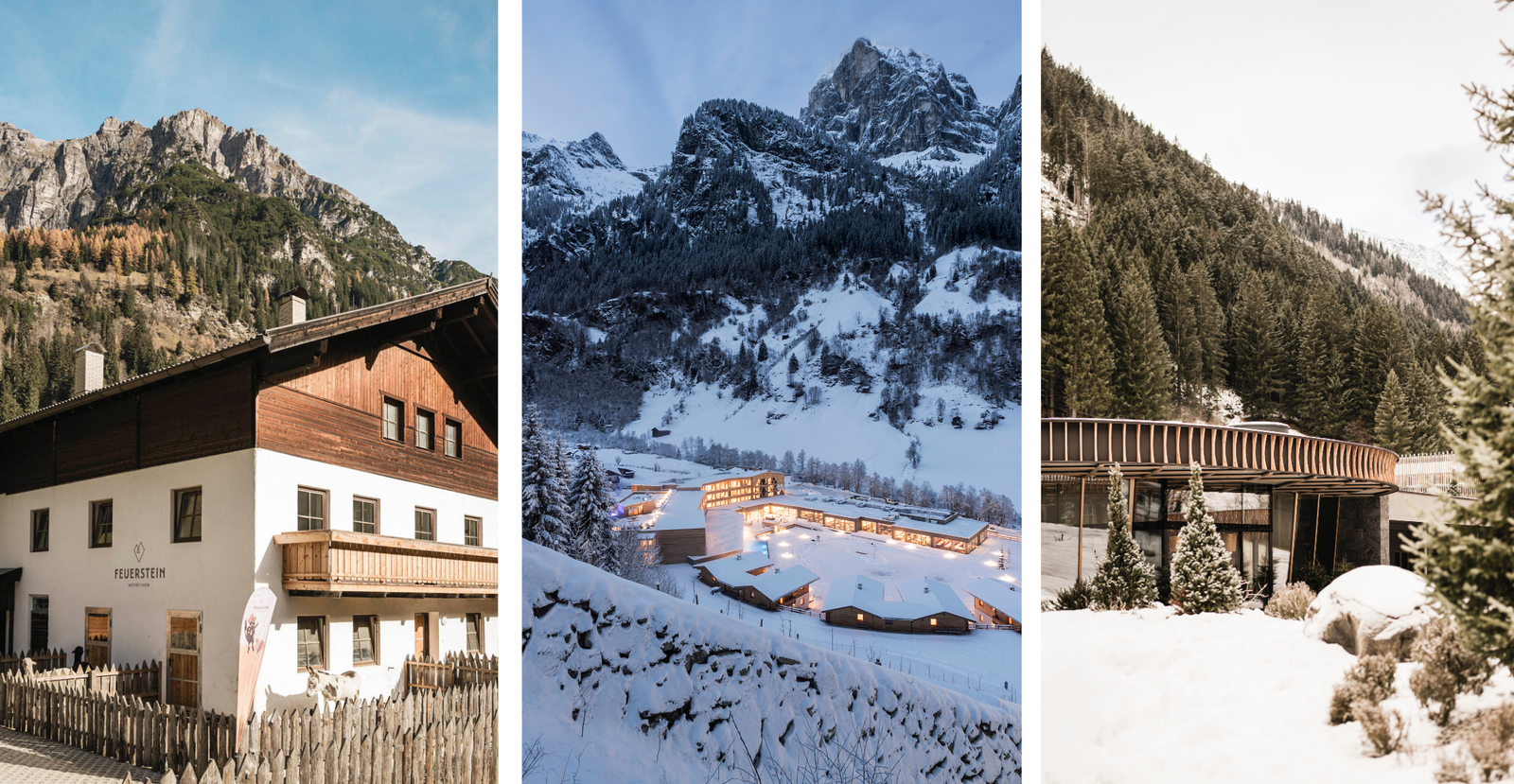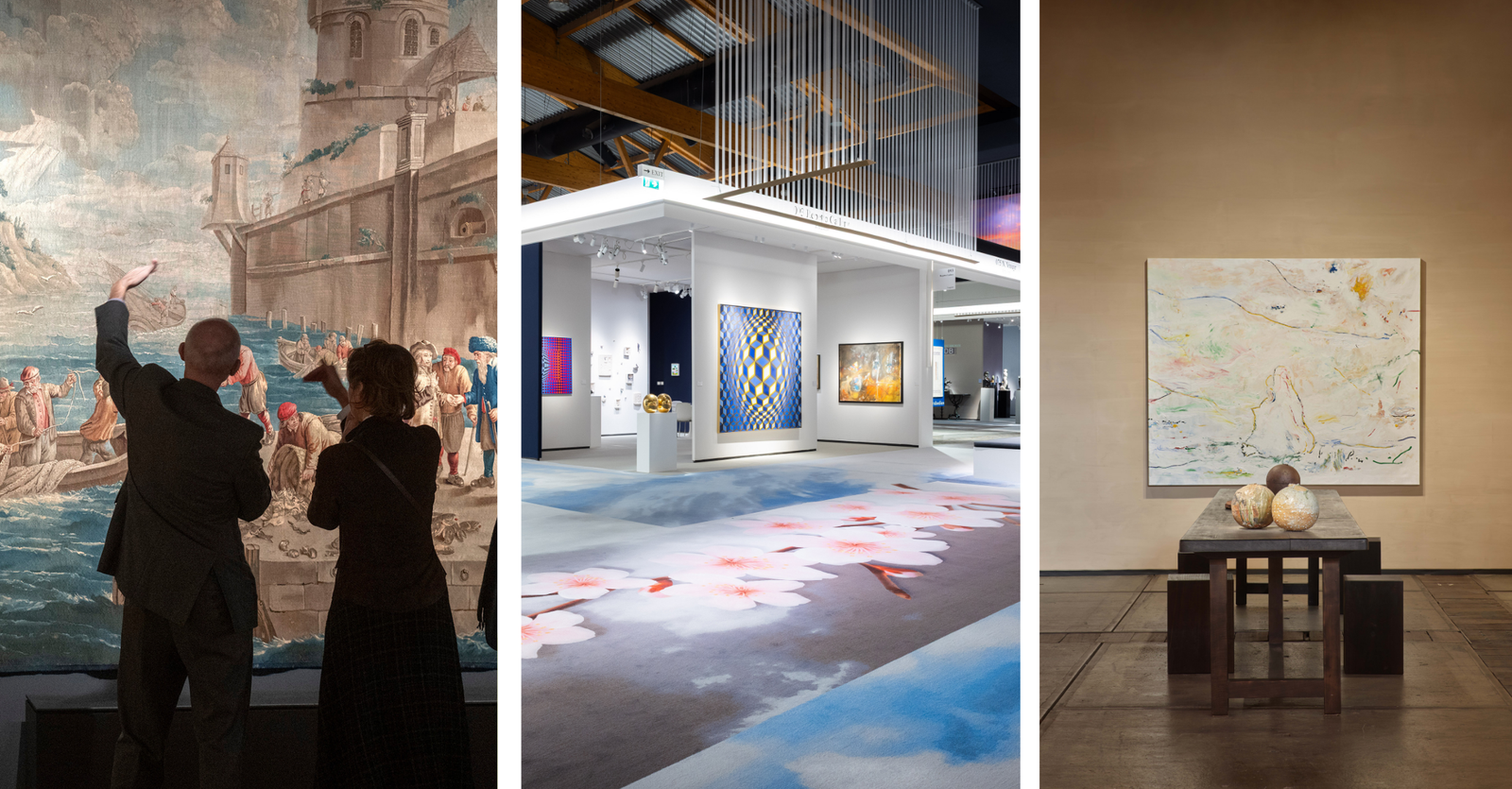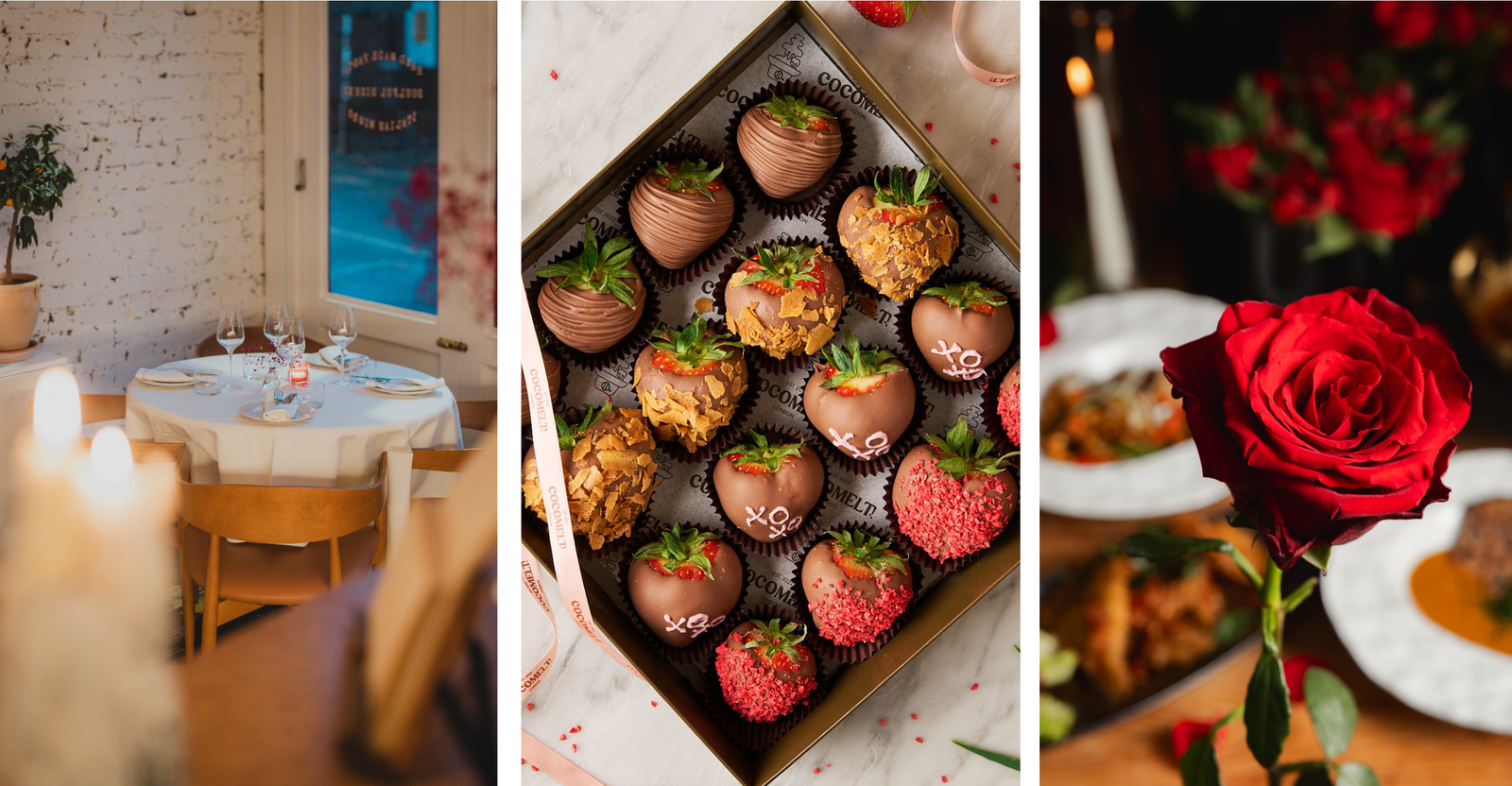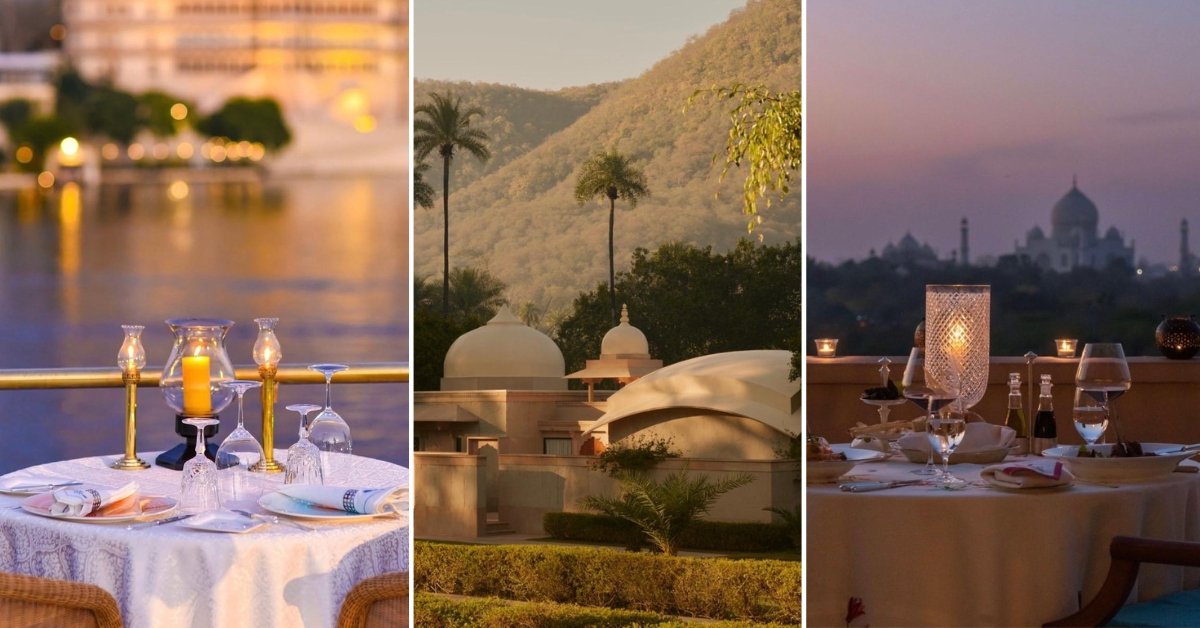The late Roberto Cavalli built an empire, translating nature’s untamed beauty into fabric and form, with animal prints that roared and florals that bloomed across silk, capturing nature’s wild essence in fashion’s most opulent language. His son, Daniele, inherited that same devotion to nature. But where his father expressed it through seasonal collections, Daniele found a different medium entirely: one without expiration dates, trend cycles, or the relentless churn of newness. He found perfume, and something more than that.
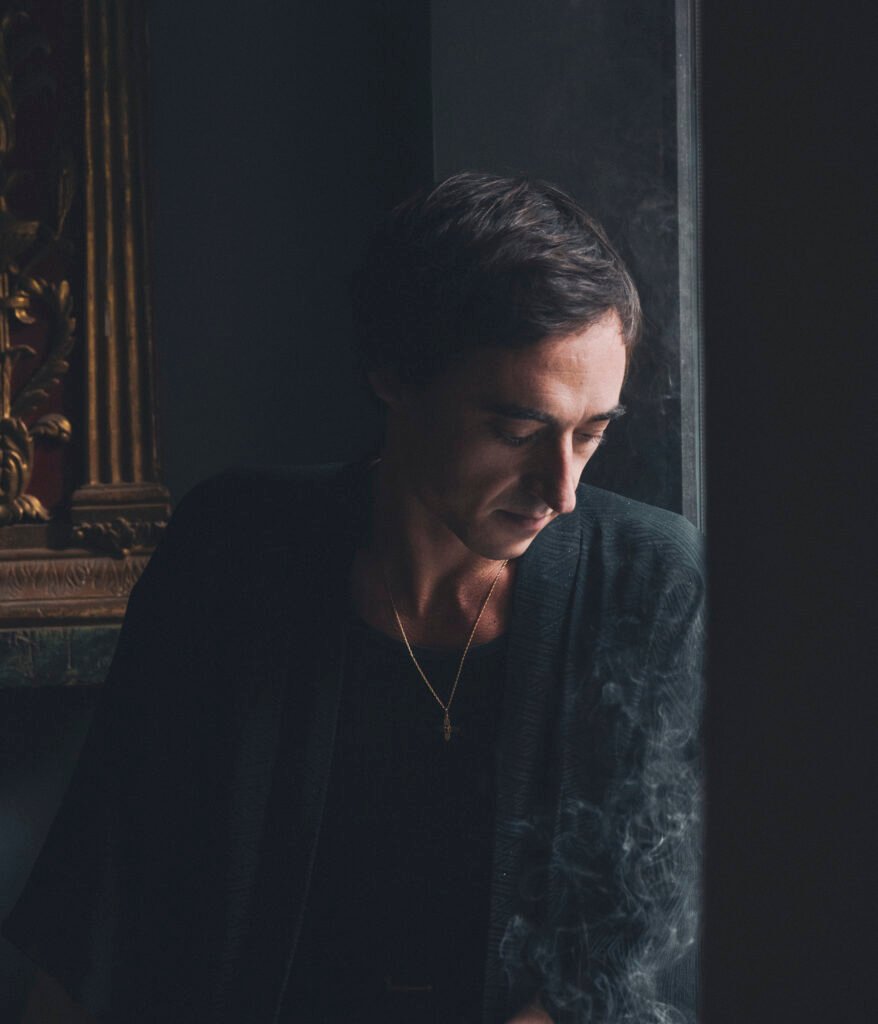
In Florence’s historic San Niccolò neighbourhood, a few steps from Piazzale Michelangelo and the Rose Garden, Daniele Cavalli has co-created Profumoir with Master Perfumer Sileno Cheloni. This olfactory library functions as part sanctuary, part laboratory, part playground. It’s a space where visitors don’t simply shop for fragrance. They undergo a sensory journey that begins with twenty unmarked bottles and ends with a bespoke perfume of their own creation. “I am not a perfumer. I don’t want to be,” Daniele Cavalli says. “Profumoir is not a perfumery; it’s a playground, a platform, and what I call an Olfactory Library.”
The path to Profumoir began during the pandemic when Sileno Cheloni, whose work Cavalli had long admired, reached out for help. Together, they developed a new vision. “When he asked me, I first thought that I could be a great help to him in developing this business,” Cavalli recalls.
What united them was a shared passion for research into rare raw materials and a desire to enhance Florence’s alchemical history through contemporary perfumery. The knowledge Cavalli had accumulated designing menswear for his father’s house—the understanding of luxury markets, the appreciation for craft and materials could translate to this new venture. But with one crucial difference.
“Perfume doesn’t have the hysteria of fashion, the hysteria of making new products every few months or that expires every few months,” Cavalli explains. “I always hated this consumerist approach to fashion. I love that we applied this knowledge to a product that doesn’t have time; actually, the goal is to make an evergreen product, a forever product. Chanel No. 5 is a product that has been around for 100 years.” The collaboration with Cheloni allowed Cavalli to reconnect with something deeper. “In this path that I chose, I understood the tight relation to my first love and my first passion that has been transmitted by my father, which is the openness of being constantly highly charmed by the power and the properties of nature,” he says.
Walk into Profumoir and you’ll find no branded flacons arranged by marketing campaign, no sales pitch about what will make you irresistible. Instead, the workshop experience begins with radical simplicity: twenty bottles without labels, without names, without any indication of what lies inside. Visitors sit around tables in the main room, and from the bottles they are given, they are asked to select their top five notes. Guided only by their own reactions—not by preconceptions about whether they “like” rose or should avoid musk—each person smells the scents intuitively.
“We didn’t want people to know what they are smelling; we wanted them to skip the mental process. To go through the instinctive feeling. Hosted in the body, not in the mind,” Cavalli explains. Only then, working with Profumoir’s team, do visitors begin to understand what drew them in, how much they need from each perfume, and how to combine those elements into a personalised fragrance. The process concludes with a certificate detailing the chosen notes and precise amounts used in their custom formula, and each guest leaves with a bottle of perfume that exists nowhere else, created entirely through their own olfactory instincts. Beyond the custom perfume workshops, Profumoir offers its own curated collection of over sixty fragrances organised as singular notes and olfactory families. The atelier also conducts workshops and incense ceremonies, all designed around what Cavalli calls “the art of layering.”
“We invite people to layer on themselves directly every morning different kinds of notes, and to create the harmony and the result that they want,” he says. It’s a technique borrowed from his first passion: music. “My first passion was music, and when creating perfumes, the ingredients are called notes, or olfactory notes, just like in music. And through these notes, we propose a new way of approaching perfume.” What Cavalli didn’t anticipate was the emotional depth the experience would unlock. The unmarked bottles bypass the rational mind and tap directly into memory. “I definitely saw that there was something very powerful behind this work,” he says. A scent can transport someone back to childhood, to a lost loved one, to a moment they’d forgotten they were carrying. “When I saw people crying, while taking part in this experience, I saw something much deeper,” Cavalli notes.
For him, this represents a return to perfume’s original purpose. “Scents were used in the form of healing in the past. They had healing properties. Rose is considered one of the most important scents,” he explains. “We have an approach to the perfumes, I call it the Vanity Approach—somehow used to give a form of pleasure. We use perfumes to give a good impression or to give a better impression. My biggest aim is to be conscious about the concept of the perfume itself.”
For those seeking a deeper immersion, Profumoir has expanded beyond the atelier into hospitality with Casa Profumoir, an olfactory house tucked within the same San Niccolò district. Behind a discreet wooden door marked simply “Casa Profumoir e Giardino,” guests discover a refined retreat where every detail pays homage to the art of perfume. The house seamlessly blends Florentine history with alchemical mystery. Antique-style lamps illuminate soft-toned walls in sugar paper blue, sage, and deeper blues, while dark wood showcases display collections of glass and crystal bottles containing essential oils and rare fragrances. A long, blue-carpeted corridor leads to an inner courtyard, a secret garden complete with a handmade Persian fountain, offering a tranquil escape in the heart of the city.
The true heart of Casa Profumoir lies in its aromatic garden, a fragrant homage to Mediterranean nature where centifolia and musk roses frame the entrance to an extraction laboratory. With more than 40 different species, which include essences of citrus, rosemary, red oregano, and sage, guests can witness the ancient art of distillation firsthand. Alembics, used since antiquity for extracting essential oils, serve as the masters of this chamber.
Cavalli’s choice for Florence wasn’t incidental. Born and raised in the Renaissance city, Cavalli has lived elsewhere but always returned. “The city reinvents itself constantly. I always discover a new layer,” he says. Florence’s history as a centre of alchemy, the Medici were alchemists before they were bankers, infuses Profumoir’s philosophy. “The secrets of Florence are related to the deep understanding and connection with nature itself. It is a city of renaissance and a lot of secrets,” Cavalli reflects.
The physical space mirrors this sensibility. Within Profumoir’s walls, Florentine craftsmanship mingles with objects from Asia, creating an environment that feels both rooted in place and universal in scope. “We collect objects that are a mix of many different places of the world, in many different periods,” Cavalli says. “Somehow we mix all of this, but at the same time, they make you feel influenced.” This cultural layering has allowed the project to reach unexpected audiences. “I had the chance to work with all ages and backgrounds, and again, there is no time, no age, no culture, it is a universal connection,” he says. “When we talk about nature, we talk about a global language that we have with this planet, and this is extremely powerful for me.”
While Profumoir’s products are available beyond Florence’s borders through their online presence, Cavalli isn’t racing to replicate the physical experience elsewhere. “I don’t aim for expansion,” he says. “If one day I can find the life that brings me the same preciousness as the people, the family that can do the same experience somewhere else, then I will take it. Otherwise, I don’t aim to go and pay to open a store in a different market, just to open it. I prefer to stay focused on quality, not quantity.”
It’s a philosophy that extends to how he thinks about the project itself. “That is why I am always saying this is not a perfumerie. You don’t come here to buy our taste. You come here to buy our knowledge and discover our taste.” The knowledge Daniele Cavalli offers at Profumoir is the same as his father understood in his own medium: that nature speaks a language older and more enduring than any trend. Roberto Cavalli interpreted it in leopard spots and peacock feathers. His son, Daniele, translates it in cedar and jasmine, in unnamed bottles that ask you to trust your instincts, in fragrances that don’t expire with the season but deepen with memory. Different forms, same reverence. The apple, as they say, doesn’t fall far from the tree; it simply finds new soil to grow in.
Address:
Via di S. Niccolò, 72R
50125 – Firenze (FI)
Website: www.profumoir.com
*The workshop can be booked through the concierge team at La Gemma Hotel.
Images: Profumoir, Casa Profumoir

